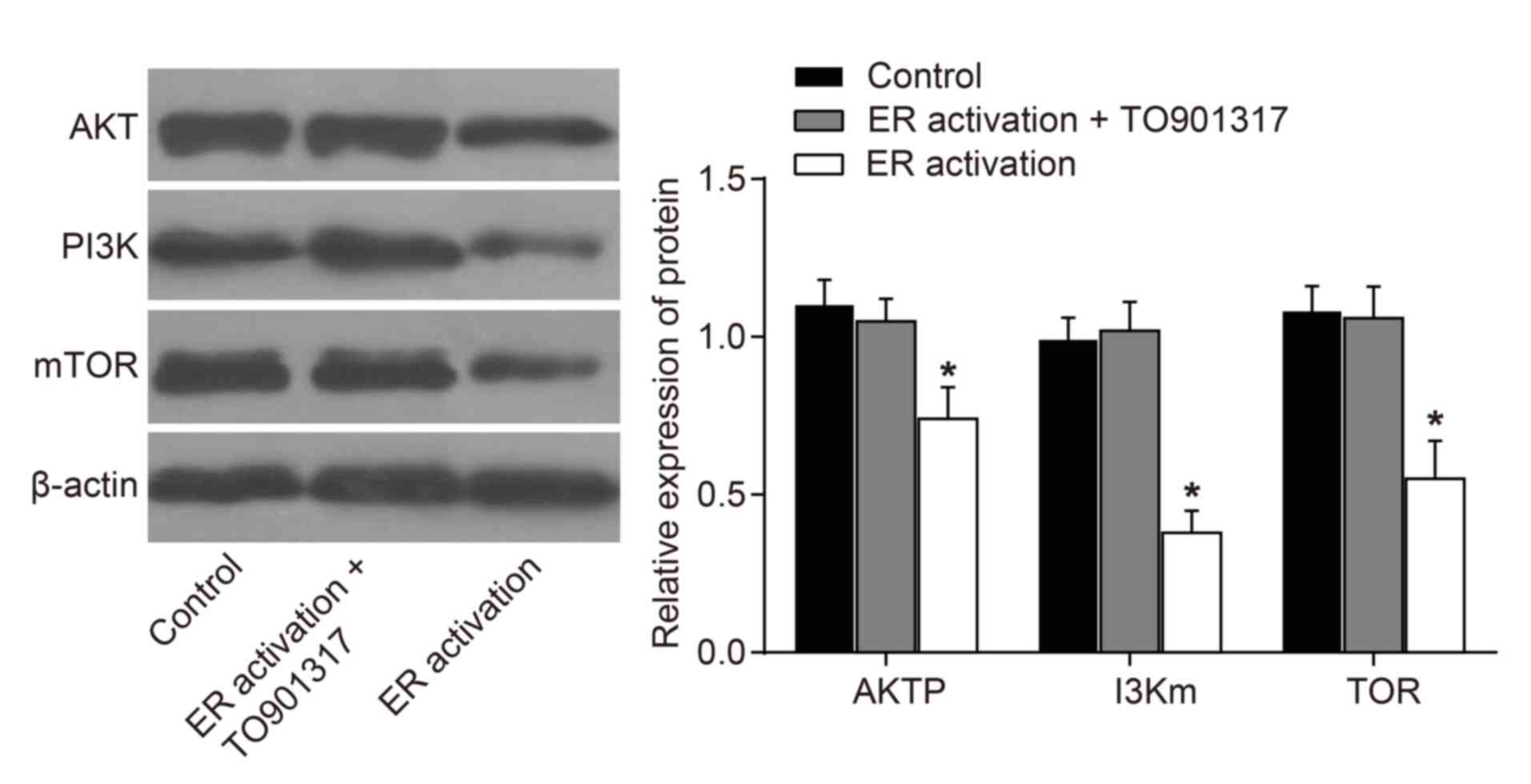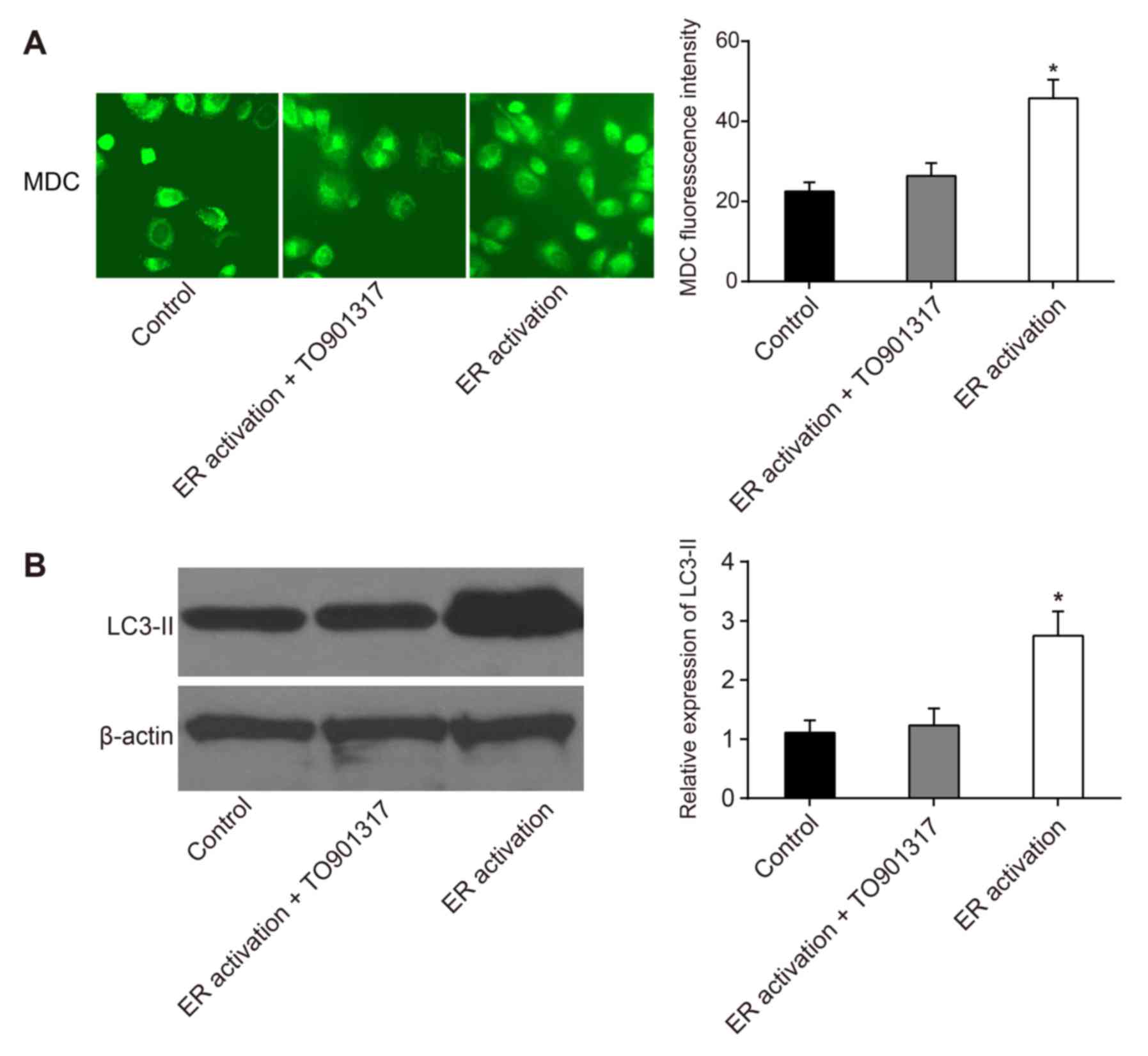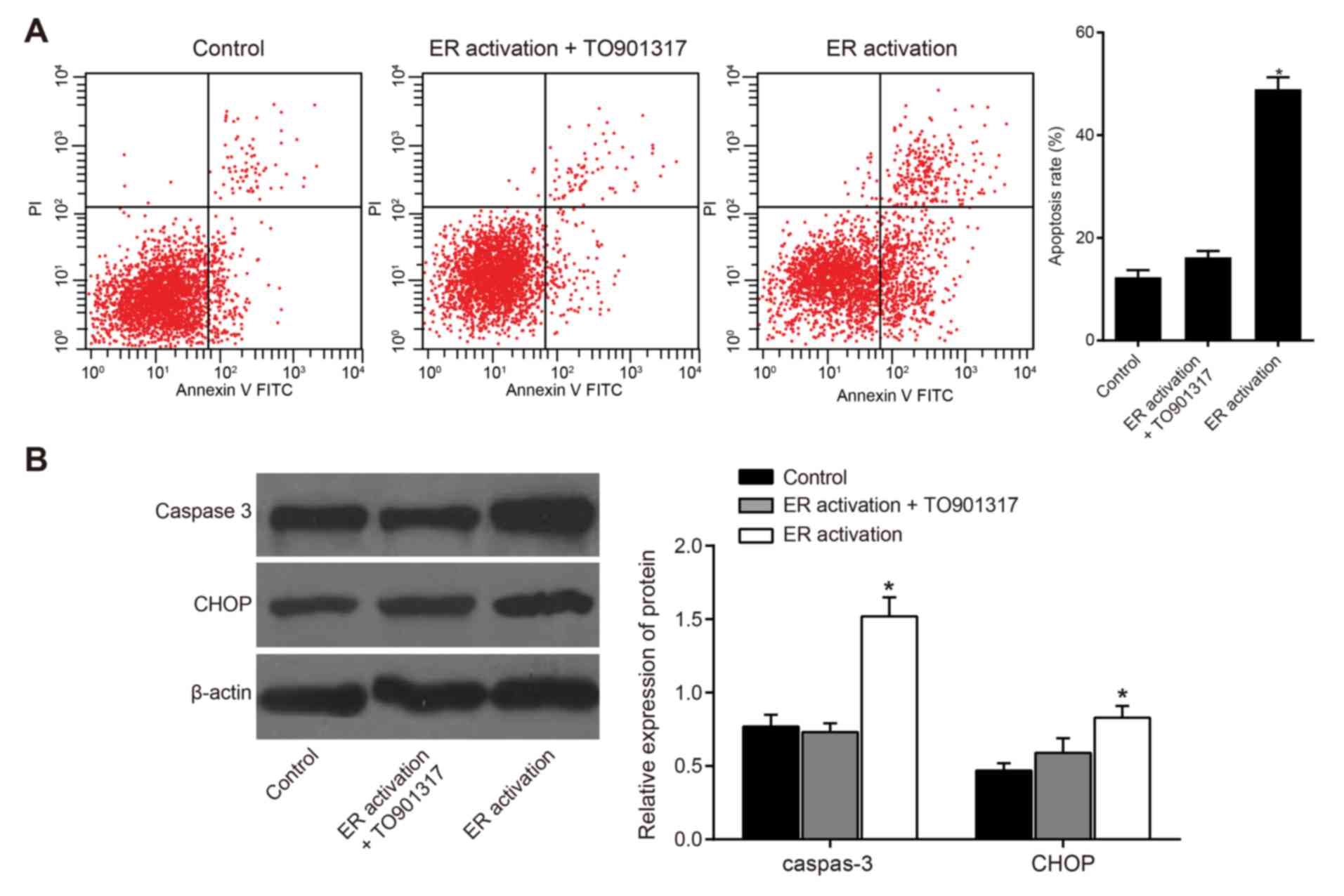|
1
|
Xie Y, Davies SM, Xiang Y, Robison LL and
Ross JA: Trends in leukemia incidence and survival in the United
States (1973–1998). Cancer. 97:2229–2235. 2003. View Article : Google Scholar : PubMed/NCBI
|
|
2
|
Tower RL and Spector LG: The epidemiology
of childhood leukemia with a focus on birth weight and diet. Crit
Rev Clin Lab Sci. 44:203–242. 2007. View Article : Google Scholar : PubMed/NCBI
|
|
3
|
Ali NA, O'Brien JM Jr, Blum W, Byrd JC,
Klisovic RB, Marcucci G, Phillips G, Marsh CB, Lemeshow S and
Grever MR: Hyperglycemia in patients with acute myeloid leukemia is
associated with increased hospital mortality. Cancer. 110:96–102.
2007. View Article : Google Scholar : PubMed/NCBI
|
|
4
|
Rajabli N, Naeimi-Tabeie M, Jahangirrad A,
Sedaghat SM, Semnani S and Roshandel G: Epidemiology of leukemia
and multiple myeloma in Golestan, Iran. Asian Pac J Cancer Prev.
14:2333–2336. 2013. View Article : Google Scholar : PubMed/NCBI
|
|
5
|
Rhomberg LR, Bailey LA, Goodman JE, Hamade
AK and Mayfield D: Is exposure to formaldehyde in air causally
associated with leukemia?-A hypothesis-based weight-of-evidence
analysis. Crit Rev Toxicol. 41:555–621. 2011. View Article : Google Scholar : PubMed/NCBI
|
|
6
|
Yokoyama T, Miyazawa K, Naito M, Toyotake
J, Tauchi T, Itoh M, Yuo A, Hayashi Y, Georgescu MM, Kondo Y, et
al: Vitamin K2 induces autophagy and apoptosis simultaneously in
leukemia cells. Autophagy. 4:629–640. 2008. View Article : Google Scholar : PubMed/NCBI
|
|
7
|
Ge J, Liu Y, Li Q, Guo X, Gu L, Ma ZG and
Zhu YP: Resveratrol induces apoptosis and autophagy in T-cell acute
lymphoblastic leukemia cells by inhibiting Akt/mTOR and activating
p38-MAPK. Biomed Environ Sci. 26:902–911. 2013.PubMed/NCBI
|
|
8
|
Bao T, Smith BD and Karp JE: New agents in
the treatment of acute myeloid leukemia: A snapshot of signal
transduction modulation. Clin Adv Hematol Oncol. 3(287–296):
3022005.
|
|
9
|
LoPiccolo J, Blumenthal GM, Bernstein WB
and Dennis PA: Targeting the PI3K/Akt/mTOR pathway: Effective
combinations and clinical considerations. Drug Resist Updat.
11:32–50. 2008. View Article : Google Scholar : PubMed/NCBI
|
|
10
|
Martelli AM, Evangelisti C, Chiarini F,
Grimaldi C, Manzoli L and McCubrey JA: Targeting the PI3K/AKT/mTOR
signaling network in acute myelogenous leukemia. Expert Opin
Investig Drugs. 18:1333–1349. 2009. View Article : Google Scholar : PubMed/NCBI
|
|
11
|
Ikezoe T, Nishioka C, Bandobashi K, Yang
Y, Kuwayama Y, Adachi Y, Takeuchi T, Koeffler HP and Taguchi H:
Longitudinal inhibition of PI3K/Akt/mTOR signaling by LY294002 and
rapamycin induces growth arrest of adult T-cell leukemia cells.
Leuk Res. 31:673–682. 2007. View Article : Google Scholar : PubMed/NCBI
|
|
12
|
Steelman LS, Abrams SL, Whelan J, Bertrand
FE, Ludwig DE, Basecke J, Libra M, Stivala F, Milella M, et al:
Contributions of the Raf/MEK/ERK, PI3K/PTEN/Akt/mTOR and Jak/STAT
pathways to leukemia. Leukemia. 22:686–707. 2008. View Article : Google Scholar : PubMed/NCBI
|
|
13
|
Hotamisligil GS: Endoplasmic reticulum
stress and the inflammatory basis of metabolic disease. Cell.
140:900–917. 2010. View Article : Google Scholar : PubMed/NCBI
|
|
14
|
Banhegyi G, Baumeister P, Benedetti A,
Dong D, Fu Y, Lee AS, Li J, Mao C, Margittai E, Ni M, et al:
Endoplasmic reticulum stress. Ann N Y Acad Sci. 1113:58–71. 2007.
View Article : Google Scholar : PubMed/NCBI
|
|
15
|
Rahmani M, Davis EM, Crabtree TR, Habibi
JR, Nguyen TK, Dent P and Grant S: The kinase inhibitor sorafenib
induces cell death through a process involving induction of
endoplasmic reticulum stress. Mol Cell Biol. 27:5499–5513. 2007.
View Article : Google Scholar : PubMed/NCBI
|
|
16
|
Pae HO, Jeong SO, Jeong GS, Kim KM, Kim
HS, Kim SA, Kim YC, Kang SD, Kim BN and Chung HT: Curcumin induces
pro-apoptotic endoplasmic reticulum stress in human leukemia HL-60
cells. Biochem Biophys Res Commun. 353:1040–1045. 2007. View Article : Google Scholar : PubMed/NCBI
|
|
17
|
Haferlach T, Kohlmann A, Schnittger S,
Dugas M, Hiddemann W, Kern W and Schoch C: Global approach to the
diagnosis of leukemia using gene expression profiling. Blood.
106:1189–1198. 2005. View Article : Google Scholar : PubMed/NCBI
|
|
18
|
Song Q, Han CC, Xiong XP, He F, Gan W, Wei
SH, Liu HH, Li L and Xu HY: PI3K-Akt-mTOR signal inhibition affects
expression of genes related to endoplasmic reticulum stress. Genet
Mol Res. 15:150378682016. View Article : Google Scholar
|
|
19
|
Kim HS, Kim TJ and Yoo YM: Melatonin
combined with endoplasmic reticulum stress induces cell death via
the PI3K/Akt/mTOR pathway in B16F10 melanoma cells. PLoS One.
9:e926272014. View Article : Google Scholar : PubMed/NCBI
|
|
20
|
Gutierrez A, Sanda T, Grebliunaite R,
Carracedo A, Salmena L, Ahn Y, Dahlberg S, Neuberg D, Moreau LA,
Winter SS, et al: High frequency of PTEN, PI3K, and AKT
abnormalities in T-cell acute lymphoblastic leukemia. Blood.
114:647–650. 2009. View Article : Google Scholar : PubMed/NCBI
|
|
21
|
Kondo Y, Kanzawa T, Sawaya R and Kondo S:
The role of autophagy in cancer development and response to
therapy. Nat Rev Cancer. 5:726–734. 2005. View Article : Google Scholar : PubMed/NCBI
|
|
22
|
Di Nardo A, Kramvis I, Cho N, Sadowski A,
Meikle L, Kwiatkowski DJ and Sahin M: Tuberous sclerosis complex
activity is required to control neuronal stress responses in an
mTOR-dependent manner. J Neurosci. 29:5926–5937. 2009. View Article : Google Scholar : PubMed/NCBI
|
|
23
|
Chen MH, Chiang KC, Cheng CT, Huang SC,
Chen YY, Chen TW, Yeh TS, Jan YY, Wang HM, Weng JJ, et al:
Antitumor activity of the combination of an HSP90 inhibitor and a
PI3K/mTOR dual inhibitor against cholangiocarcinoma. Oncotarget.
5:2372–2389. 2014. View Article : Google Scholar : PubMed/NCBI
|
|
24
|
Pavlidou A and Vlahos NF: Molecular
alterations of PI3K/Akt/mTOR pathway: A therapeutic target in
endometrial cancer. ScientificWorldJournal. 2014:7097362014.
View Article : Google Scholar : PubMed/NCBI
|
|
25
|
Bjornsti MA and Houghton PJ: The TOR
pathway: A target for cancer therapy. Nat Rev Cancer. 4:335–348.
2004. View
Article : Google Scholar : PubMed/NCBI
|
|
26
|
Qin L, Wang Z, Tao L and Wang Y: ER stress
negatively regulates AKT/TSC/mTOR pathway to enhance autophagy.
Autophagy. 6:239–247. 2010. View Article : Google Scholar : PubMed/NCBI
|
|
27
|
Chen XL, Fu JP, Shi J, Wan P, Cao H and
Tang ZM: CXC195 induces apoptosis and endoplastic reticulum stress
in human hepatocellular carcinoma cells by inhibiting the
PI3K/Akt/mTOR signaling pathway. Mol Med Rep. 12:8229–8236. 2015.
View Article : Google Scholar : PubMed/NCBI
|



















